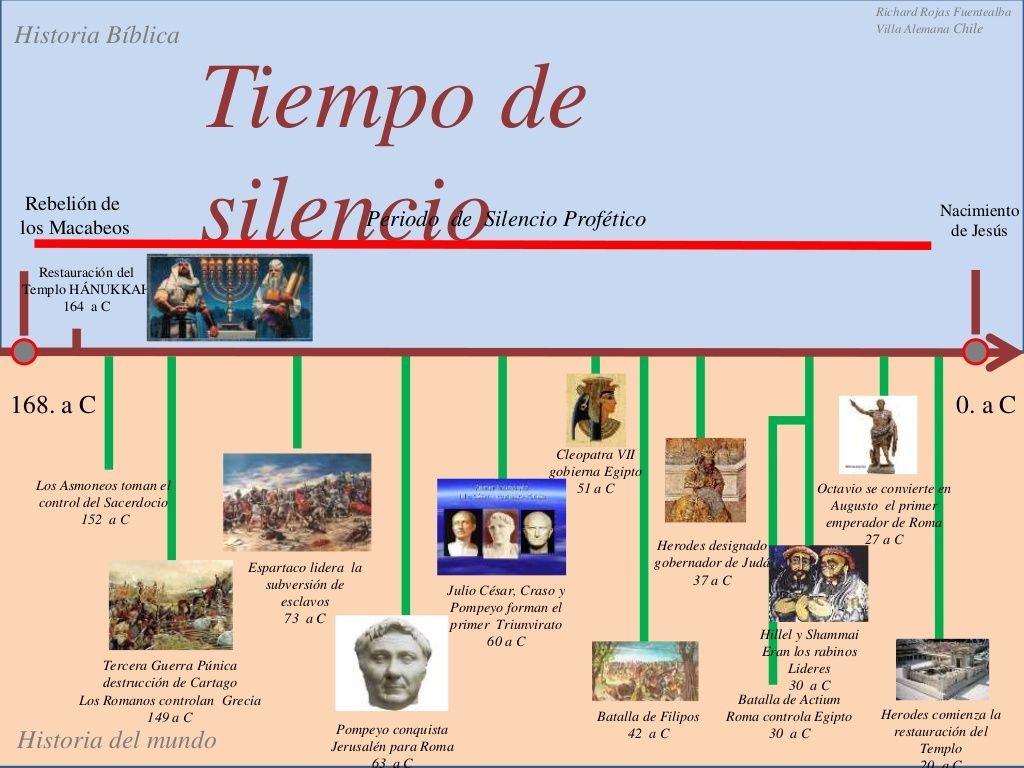Personas en todo el mundo han escuchado la historia del nacimiento de Jesús. Pero ¿alguna vez se ha preguntado si esta historia tan conocida tiene más implicaciones de lo que imaginamos? Ya que la Biblia registra el nacimiento de Jesús en detalle, ¿tiene este acontecimiento un significado más profundo?
En esta entrada usaremos versículos y notas del Nuevo Testamento Versión Recobro para ver algo del significado del nacimiento de Jesús. Incluso echar un vistazo a su verdadero significado aumentará nuestro amor por Jesús y elevará nuestra adoración por Él.
Profetizado en el Antiguo Testamento y cumplido en el Nuevo Testamento
Aproximadamente setecientos años antes de Cristo, se registró una profecía acerca del nacimiento de Jesús en el Antiguo Testamento. Isaías 7:14 dice:
“El Señor mismo os dará señal: He aquí, la virgen concebirá y dará a luz un hijo, y llamará su nombre Emanuel”.
![]()
El Nuevo Testamento comienza con el relato del nacimiento de Jesús. En el primer capítulo de Mateo, el versículo 18 nos dice cómo se cumplió el nacimiento virginal profetizado en Isaías 7:14:
“El origen de Jesucristo fue así: Estando desposada María Su madre con José, antes que se juntasen, se halló que estaba encinta por obra del Espíritu Santo”.
La nota 1 de este versículo en el Nuevo Testamento Versión Recobro habla del significado profundo de que María estuviera encinta por obra del Espíritu Santo:
“Aunque Cristo nació de María (v. 16), era hijo del Espíritu Santo. El nacimiento de Cristo procedió directamente del Espíritu Santo (v. 20). Su fuente fue el Espíritu Santo y Su elemento era divino. Por medio de la virgen María, Él se vistió de carne y sangre, la naturaleza humana, tomando la semejanza de la carne (Ro. 8:3), la semejanza de los hombres (Fil. 2:7)”.
Aunque Jesús nació como un niño con carne y sangre, Su fuente fue el Espíritu Santo.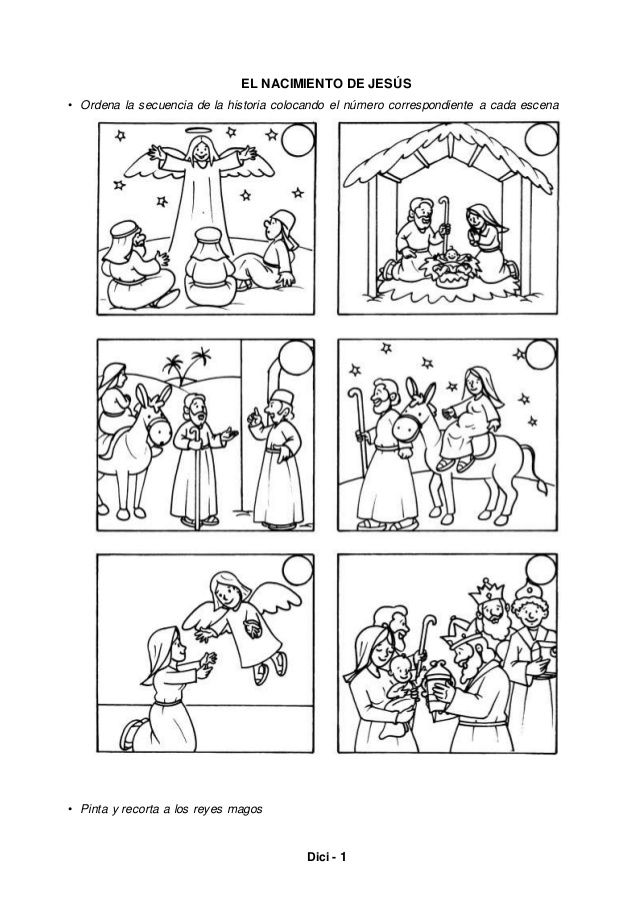
Mateo 1:20 nos dice más acerca del origen de Jesús:
“Mientras consideraba esto, he aquí un ángel del Señor se le apareció en sueños y le dijo: José, hijo de David, no temas recibir a María tu mujer, porque lo engendrado en ella, del Espíritu Santo es”.
La nota 1 de este versículo explica:
“Dios primero se engendró en María mediante Su Espíritu; una vez realizada la concepción, Él nació con la naturaleza humana, para ser un Dios-hombre, y así poseer tanto la divinidad como la humanidad. Éste es el origen de Cristo”.
Estos dos versículos, Mateo 1:18 y 20, nos muestran que el nacimiento de Jesucristo no fue de ninguna manera el nacimiento ordinario de un hombre ordinario; fue la extraordinaria encarnación de Dios mismo. El nacimiento de Jesús fue el nacimiento de un Dios-hombre, una Persona maravillosa que era tanto divina como humana.
Jesús y Emanuel
Mateo 1:21-23 nos dice dos nombres de esta Persona preciosa y única, Jesús y Emanuel:
“Y dará a luz un hijo, y llamarás Su nombre Jesús, porque Él salvará a Su pueblo de sus pecados.
Todo esto aconteció para que se cumpliese lo dicho por el Señor por medio del profeta, cuando dijo: ‘He aquí, una virgen estará encinta y dará a luz un hijo, y llamarán Su nombre Emanuel’ (que traducido es: Dios con nosotros)”.
Jesús y Emanuel son dos nombres excelentes que están llenos de significado para nosotros. Consideremos estos nombres con la ayuda de las notas.
La nota 1 en cuanto a Jesús en el versículo 21 nos dice:
“Jesús es el equivalente en el griego del nombre hebreo Josué (Nm. 13:16), el cual significa Jehová el Salvador, o la salvación de Jehová. Por lo tanto, Jesús no sólo es un hombre, sino Jehová, y no sólo Jehová, sino Jehová como nuestra salvación. Así que, Él es nuestro Salvador. Él también es nuestro Josué, Aquel que nos introduce en el reposo (He. 4:8; Mt. 11:28-29), que es Él mismo como la buena tierra para nosotros”.
Debido a la caída del hombre, todos los seres humanos necesitan un Salvador. Este Salvador es Jesús, quien es Jehová, Dios mismo. El Dios-hombre Jesús es el único que nos salva de nuestros pecados. Nosotros podemos disfrutar de Su salvación cuando invocamos el nombre de Jesús. ¡Cuán precioso es el nombre de Jesús!
Este Salvador es Jesús, quien es Jehová, Dios mismo. El Dios-hombre Jesús es el único que nos salva de nuestros pecados. Nosotros podemos disfrutar de Su salvación cuando invocamos el nombre de Jesús. ¡Cuán precioso es el nombre de Jesús!
Las notas 2 y 3 acerca del nombre Emanuel en el versículo 23 dicen lo siguiente:
“Jesús fue el nombre que Dios le dio, mientras que Emanuel, que significa Dios con nosotros, fue como los hombres le llamaron. Jesús el Salvador es Dios con nosotros. Él es Dios y también es Dios encarnado para morar entre nosotros (Jn. 1:14). Él no sólo es Dios sino Dios con nosotros”.
“Cristo como el propio Emanuel no sólo estuvo con nosotros cuando vivió en la tierra, sino que también está con nosotros desde Su ascensión cada vez que estamos congregados en Su nombre (18:20). Además, Él estará con nosotros todos los días, hasta la consumación del siglo (28:20)”.
Nuestro Salvador Jesús es Emanuel; Él es Dios con nosotros todo el tiempo. ¡Cuán reconfortante y alentador es esto! Él siempre está con nosotros, en todo lugar y en cada situación.
¡Cuán reconfortante y alentador es esto! Él siempre está con nosotros, en todo lugar y en cada situación.
Nos salva y está con nosotros para siempre
Para salvarnos, Dios hizo algo asombroso. El Dios eterno llegó a ser un hombre accesible y vivió una vida perfecta y sin pecado en la tierra entre la humanidad caída. ¡Qué hecho tan misterioso y maravilloso! Como Dios-hombre, alcanzó a la humanidad con Su amor, misericordia y bondad. Él habló palabras de justicia y verdad para sacar a las personas de las tinieblas y traerlas a la luz. Luego, en Su cuerpo de carne y sangre, Jesús sufrió la muerte en la cruz por nuestros pecados. Él efectuó la redención por nosotros, y al creer en Él somos limpiados de nuestros pecados y liberados del juicio eterno.
Pero eso no es todo. Cuando creemos en Él, recibimos al Cristo resucitado como el Espíritu vivificante en nosotros. Él viene a vivir en nosotros y a estar siempre con nosotros, como parte de Su plan para cumplir Su propósito eterno.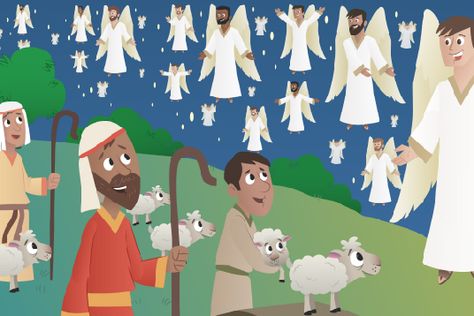
Si usted aún no ha recibido al Salvador, no tiene que esperar más. Simplemente haga esta oración con un corazón sincero:
“Señor Jesús, creo que Tú eres el Dios verdadero y un hombre perfecto. Gracias por nacer y llegar a ser un verdadero hombre con divinidad y humanidad. Gracias por salvarme de mis pecados al morir por mí. Señor, te recibo ahora mismo. Entra en mí y vive en mí. Gracias, Señor, por estar conmigo todo el tiempo. Amén”.
Si usted oró para recibir al Señor Jesús como su Salvador, podrá encontrar recursos en esta página.
Pida una Biblia de estudio gratuita que le ayudará a entender la Palabra de Dios
Pídala ahora
Jesús nació en Belén, pero ¿conoces realmente su historia? En Religión COPE te contamos lo que sucedió el día que nació el Mesías.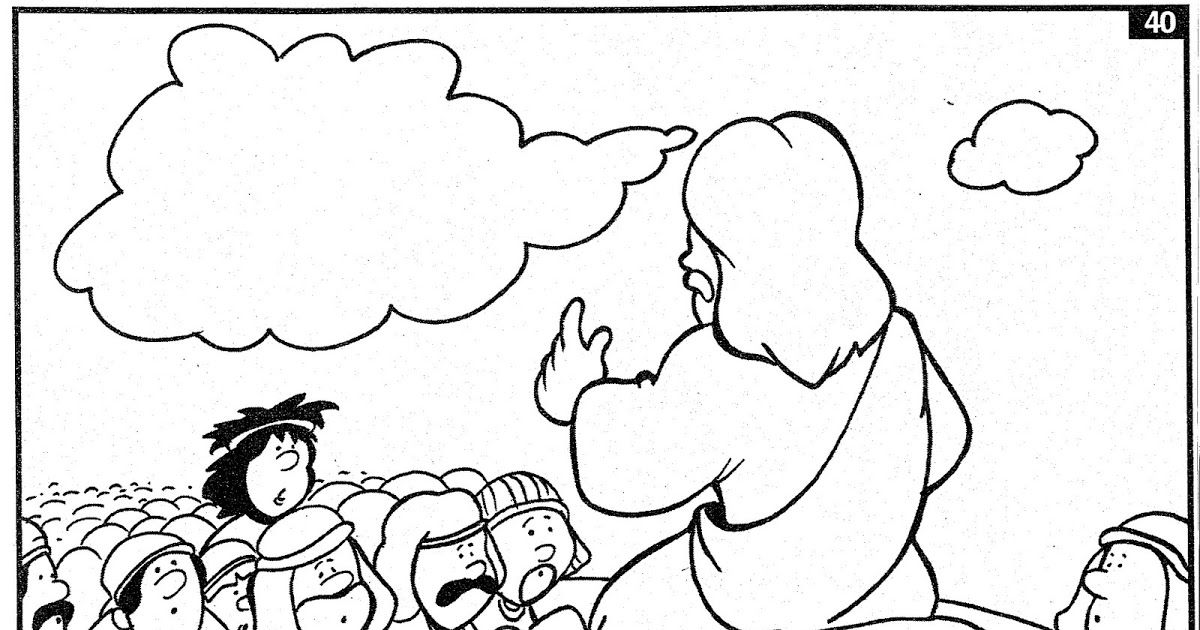
Una humilde pareja con escasos recursos se dirige hacia Belén. Son José y María. Acaban de contraer matrimonio. María está embarazada y espera al Hijo de Dios. En aquel momento, había salido un decreto del emperador Augusto. Este decía que cada ciudadano debía empadronarse en la ciudad donde hubiera nacido. Por ello, ambos ponen rumbo desde Nazaret hasta Belén, la ciudad en la que había nacido José.
Después de una larga travesía por el desierto, en la que solo cuentan con la escasa ayuda de un burro, llegan a Belén. María se encuentra a pocos días de dar a luz. Y entonces sucede: María se pone de parto. Rapidamente se ponen a bucar un refugio en dónde pueda nacer su hijo. Están desesperados, ya que nadie les ofrece un lugar. Los dueños de los hospedajes o bien no les quieren ofrecer una habitación por venir de Galilea o porque tienen el aforo completo. Finalmente, dieron con un señor que aunque tenía llena la posada, les ofreció un establo. Allí es donde la Virgen da a luz a Jesús ¡El salvador había nacido!
Finalmente, dieron con un señor que aunque tenía llena la posada, les ofreció un establo. Allí es donde la Virgen da a luz a Jesús ¡El salvador había nacido!
Durante las primeras horas de vida, Jesús descansó en un pesebre envuelto por unos pañales. Estuvo arropado por sus padres y los pastores. Estos últimos recibieron la visita de un ángel que les dijo “¡No teman! Les tengo buenas nuevas. Hoy, en Belén, ha nacido Cristo el Señor. ¡Éste salvará al pueblo! Estará envuelto en telas y acostado en un pesebre”. Por ello, según narra San Lucas, los pastores fueron los primeros en alabar y dar las gracias a Dios por la llegada del Mesías.
Según San Mateo, el Niño Jesús tuvo la visita de tres Reyes Magos de oriente. Estos fueron guiados por una estrella hasta el establo. En su camino, se referían a Jesús cómo el Rey de los Judíos.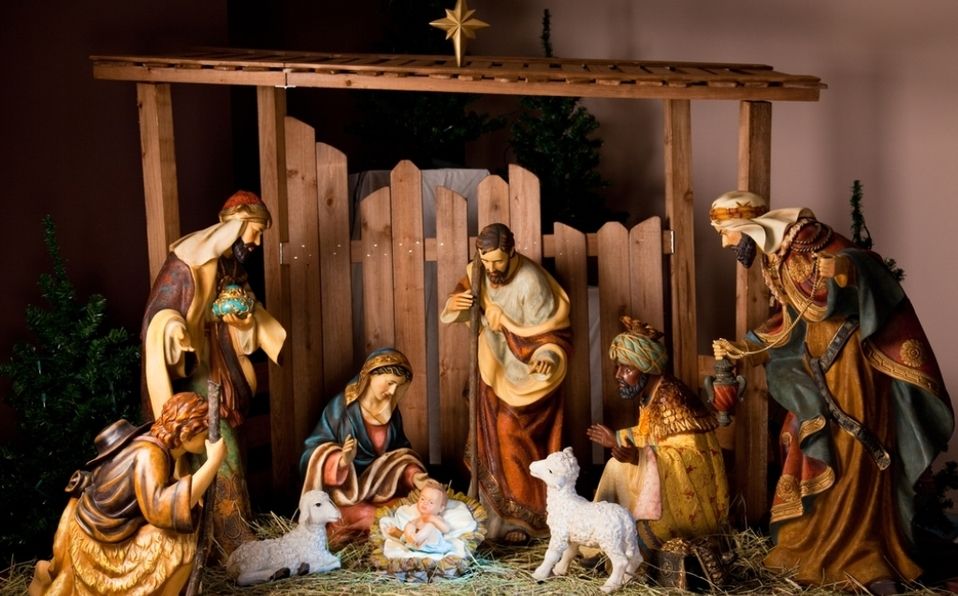 Cuando llegarón al establo, le adoran y le regalan oro, incienso y mirra. Pero ¿qué significaban estos tres regalos?
Cuando llegarón al establo, le adoran y le regalan oro, incienso y mirra. Pero ¿qué significaban estos tres regalos?
El oro es el regalo que se da a los reyes, el metal más valioso. El incienso es lo que se usa para ofrecer sacrifícios ante Dios. Y la mirra era lo que usaban los judíos para embalsamar a los cadáveres o cómo perfume. Por ello, esto es un símbolo de lo humano, de lo carnal. Estos regalos dejan patente la adoración de los Reyes Magos ante Dios y ante el Rey de los Judíos ¡Un rey que ya era humano, que ya estaba en la Tierra!
Esto sucedió en tiempos del rey Herodes. Este quería matar a Jesús, por ello les pidió a los Magos que cuando supieran donde estaba que se lo dijeran. Algo que los Reyes Magos no hicieron. Ya que, en su regreso, cambiaron de camino para evitar que Herodes les descubiera.
Los textos bíblicos señalan el final del año como la fecha más problable en la que nació Jesús.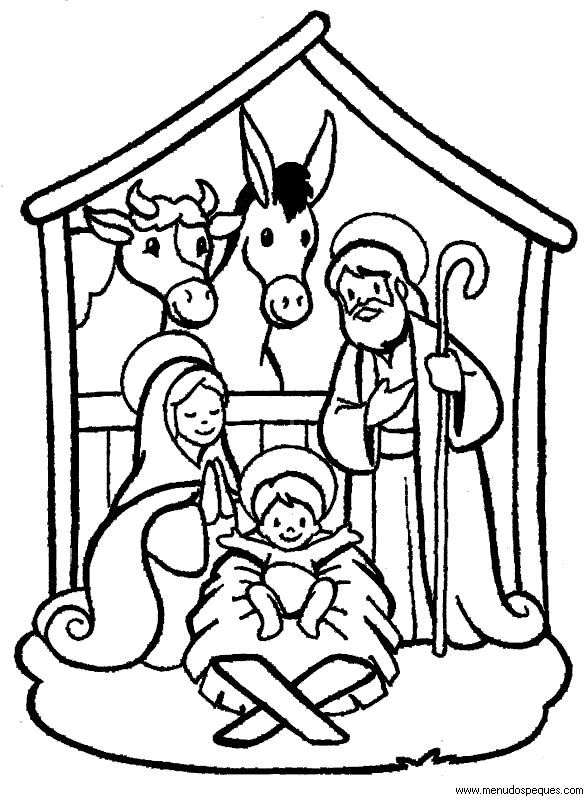 Sea cual fuere el momento, en la actualidad el día fijado es la noche del 24 de diciembre. Un momento especial en el que recordamos ¡el nacimiento del Mesías!
Sea cual fuere el momento, en la actualidad el día fijado es la noche del 24 de diciembre. Un momento especial en el que recordamos ¡el nacimiento del Mesías!
90,000 Bible stories. Joshua – Vatican News
Joshua appears in the Bible as the executor of Moses’ orders and his helper. He is given a definition as the successor of the work of Moses.
He stays with Moses as a servant when he returns to Mount Sinai to accept the final laws of the covenant with God (Ex 24:13). In the victorious battle with the Amalekites at Rephidim (Ex 17:9), Joshua is presented as a military leader. He will be the representative of the tribe of Ephraim when he is sent with eleven other men, one from each tribe, to explore the land of Canaan (Numbers 13:8). In this episode, Joshua is referred to as Hosea the son of Nun. Moses would later call him Joshua: “Yahweh saves” (Numbers 13:16).
nine0003
However, Joshua’s main role is that of the successor appointed by the dying Moses through the laying on of hands (Numbers 27:18-23).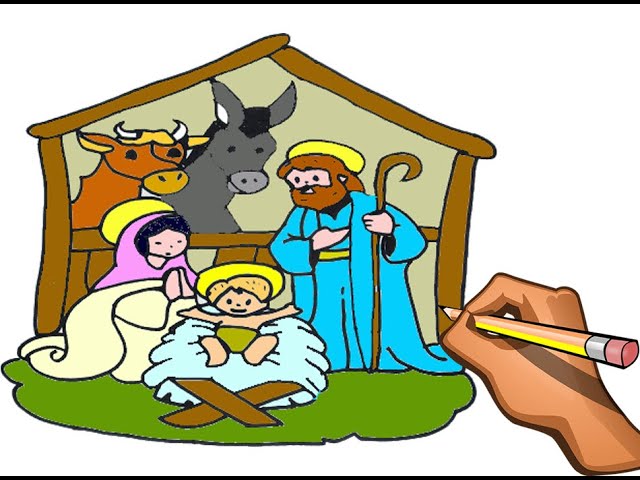 In fact, he will complete the mission begun by Moses by crossing the Jordan and leading the people into the Promised Land (Deut. 31:3-23). The events associated with the conquest of the Promised Land are described in the book of Joshua, in chapters 1-12. In the Greek Bible, Joshua’s name is translated as Iêsous (Jesus). Because of the similarity in the sound of names and because of his exploits, Joshua was considered by Christian authors as a type of Christ already in the Epistle of Barnabas and in Justin’s Dialogue. Origen devoted an allegorical commentary to the book of Joshua (Homilia on the book of Joshua 1.3; 2.1). nine0003
In fact, he will complete the mission begun by Moses by crossing the Jordan and leading the people into the Promised Land (Deut. 31:3-23). The events associated with the conquest of the Promised Land are described in the book of Joshua, in chapters 1-12. In the Greek Bible, Joshua’s name is translated as Iêsous (Jesus). Because of the similarity in the sound of names and because of his exploits, Joshua was considered by Christian authors as a type of Christ already in the Epistle of Barnabas and in Justin’s Dialogue. Origen devoted an allegorical commentary to the book of Joshua (Homilia on the book of Joshua 1.3; 2.1). nine0003
However, Hebrews 4:8 emphasizes that it is Jesus, and not Joshua, who leads to eternal life. And Irenaeus, in one of his interpretations, sees in Joshua, completing the work of Moses, the image of the New Testament, replacing the Old Testament.
Interpretations were given to certain episodes from the life of Joshua: Rahab symbolizes the Church, the crossing of the Jordan is a type of Baptism, the fall of Jericho becomes an eschatological symbol of the end of the world.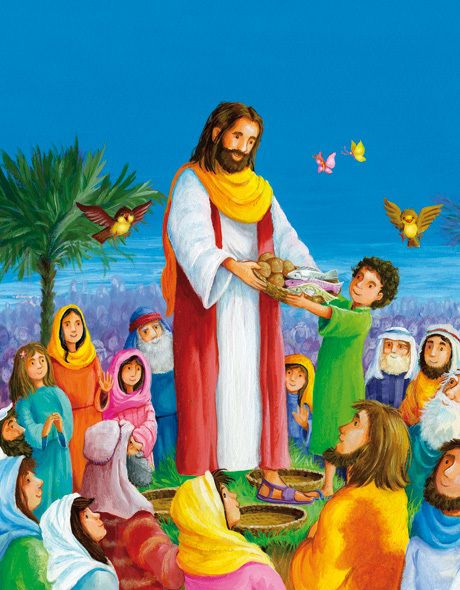 In the Roman Basilica of Santa Maria Maggiore, the mosaic panels adorning the right side of the nave depict episodes from the story of Joshua, combined with scenes associated with Moses. nine0003
In the Roman Basilica of Santa Maria Maggiore, the mosaic panels adorning the right side of the nave depict episodes from the story of Joshua, combined with scenes associated with Moses. nine0003
Joshua is one of the few unblemished characters in the Bible. God, who never refuses to help him, reveals to him the reason for the defeat before Ai and the way to find the culprit (Jos 7:10-15). The Lord stops the sun and the moon to enable him to gain complete victory over the Amorites. This is the only time in all of biblical history that God obeyed man (10:12-15; cf. v. 14). The victory was complete (11:12-15:23; 12:16:20; 21:43-45) and Joshua suffers only one defeat, which he soon corrects (7:2-5). This is one of the few times Israel shows itself to be absolutely faithful to God (24:31; Jas 2:7). The book ends with a remarkable scene: all the people make a covenant with Joshua and promise to serve only Yhwh. This is indeed an ideal period in the history of Israel. Along with this positive description, the book also contains negative statements. nine0003
nine0003
It is very significant that in the speech given at the end of the service, Joshua gives parting words to the tribes of Israel before their entry into a new life in the Promised Land: yours, to walk in all His ways, to keep His commandments, to cling to Him, and to serve Him with all your heart and with all your soul” (Jos 22:5). And he concludes with enviable conciseness: “Therefore, make every effort to love the Lord your God” (Josh 23.11).
O. Frederick Manns OFM
(Associate Professor of New Testament Exegesis at the Franciscan Biblical Faculty in Jerusalem)
Approved for distribution by the Publishing Council of the Russian Orthodox Church (Minutes of the meeting of the Collegium for Scientific and Theological Reviewing and Expert Evaluation of the Publishing Council No. 21 dated December 28, 2017)
IS Р18-721-0765
Illustrations used in the formation:
Olga Rutko, Anna Poguliaeva, RODINA OLENA, Vasya Kobelev / Shutterstock.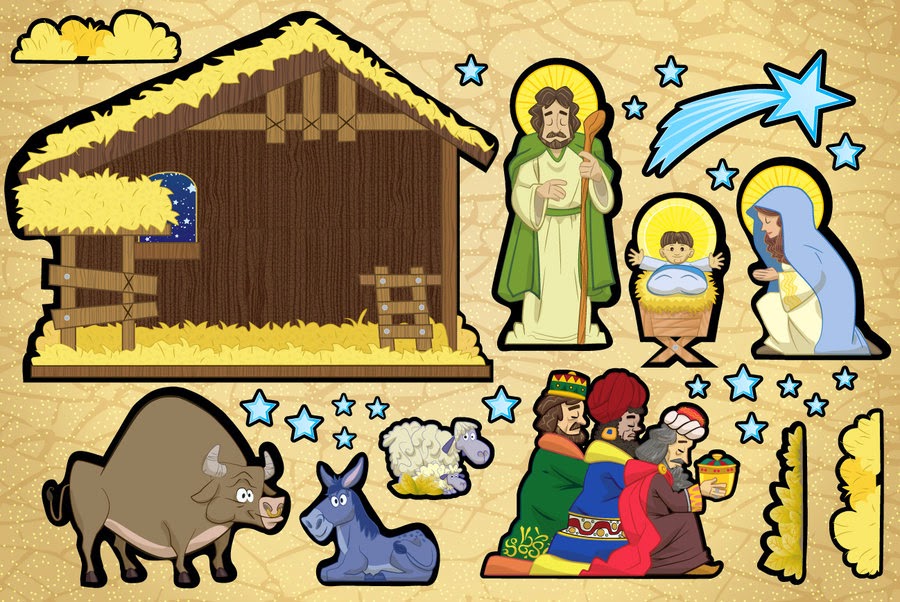 com;
com;
AnnaPoguliaeva / Istockphoto / Thinkstock / Gettyimages.ru
© Design. LLC Eksmo Publishing House, 2019
“Let the children come to Me
and do not rebuke them; for those
is the Kingdom of God”
Luke 18:16
It is difficult for young souls to resist the temptations of the modern world. Today they hear calls from everywhere to live only for today, to study and work for the sake of acquiring wealth, to forget about God, about his Commandments and strive only for their own prosperity. Getting useful knowledge and skills at school, children often do not see moral guidelines. If from the earliest years they get acquainted with Christian values, understand their simplicity, beauty and truth with all their hearts, then soon they themselves will be able to form the right opinion about everything that surrounds them: about the meaning of their life, about the words and actions of people, about literature, history.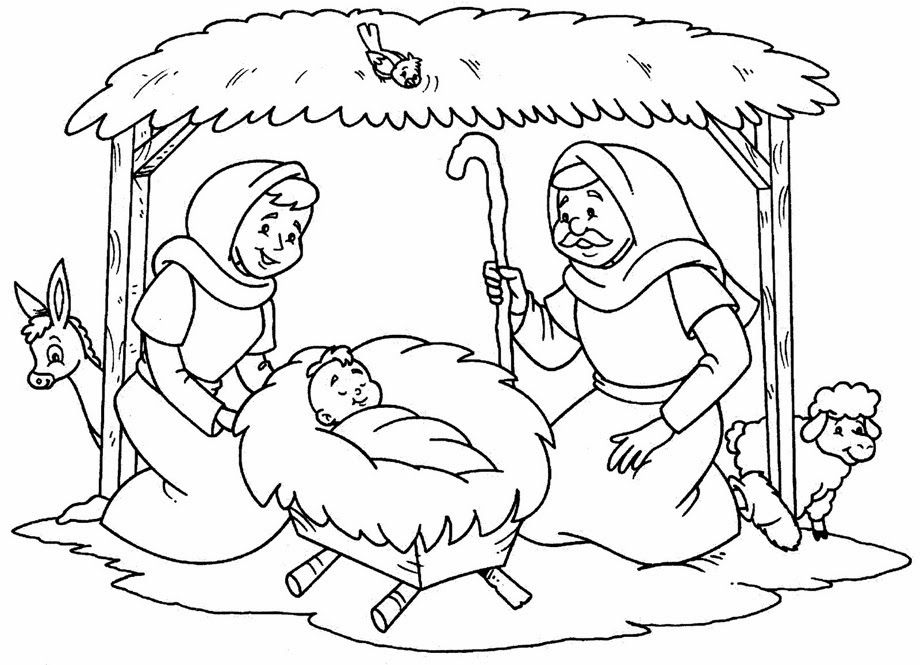 , art and much more. Hieromonk Seraphim wrote: “A child accustomed to good literature, drama, poetry, who has felt its effect on the soul, who has received true pleasure, will not become a thoughtless adherent of modern television and cheap novels that devastate the soul and lead it away from the Christian path. A child who has learned to see the beauty of classical painting and sculpture will not be seduced by easily perverted modern art, will not be drawn to tasteless advertising products. nine0003
, art and much more. Hieromonk Seraphim wrote: “A child accustomed to good literature, drama, poetry, who has felt its effect on the soul, who has received true pleasure, will not become a thoughtless adherent of modern television and cheap novels that devastate the soul and lead it away from the Christian path. A child who has learned to see the beauty of classical painting and sculpture will not be seduced by easily perverted modern art, will not be drawn to tasteless advertising products. nine0003
As early as possible, pious parents should acquaint their children with stories and legends about the childhood of the Savior – about how the Boy Jesus was born, how He lived, what kind of Child he was, what deeds He did, what kind of people surrounded Him. Children learn about this by reading the wonderful works of famous Russian writers and poets: Fyodor Dostoevsky, Apollo Maikov, Afanasy Fet, Alexei Pleshcheev and many others. Getting acquainted with the gospel events, children will be able to vividly imagine the biblical heroes and look into the times when Jesus Christ lived, learn about the miracles and trials that the Holy Family had to endure. These events illustrate the masterpieces of Western European painting. nine0003
These events illustrate the masterpieces of Western European painting. nine0003
The book you hold in your hands will prepare young readers for more complex gospel stories. St. John Chrysostom reminded parents that, first of all, they “should think not about how to make their children rich in silver and gold, but about how they would become richer than everyone else in piety, wisdom and the acquisition of virtue.”
Christ the Child
Annunciation
When the time came for the Savior to be born on earth, God sent the Archangel Gabriel to the Blessed Virgin Mary, who lived in the city of Nazareth in the house of Elder Joseph, betrothed to Her. Like all Jews of that time, Mary lived in anticipation of the coming of the Savior. She considered it her greatest happiness that she was born in the age in which He was to appear. Probably thinking of Him, in quiet solitude, She knelt down and prayed to God.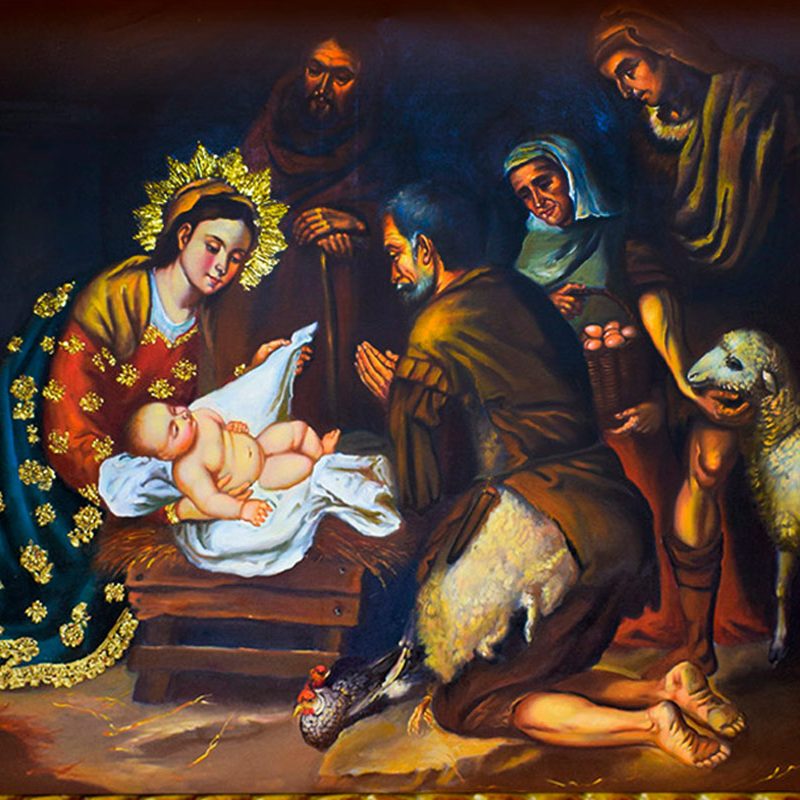 At this very time, the Archangel appeared to her in the radiance of heaven and said:0003
At this very time, the Archangel appeared to her in the radiance of heaven and said:0003
– Rejoice, Blessed One! The Lord is with you! Blessed are You in wives!
Mary in her humility valued her own virtues so little that she could not comprehend the reasons for this heavenly vision. She was embarrassed, thought: “What does this greeting mean?” – and was silent.
The angel, trying to calm Her down and encourage her, said:
– Don’t be afraid, Maria! You have found grace before the Lord. You will give birth to a son and call Him Jesus.
He will be great and will be called the son of the Most High. The Lord God will give him the throne of David his father; He will reign in the house of Jacob, and His kingdom will have no end. nine0003
The Blessed Virgin said to the Angel:
– How can all this happen when I don’t know my husband?
The angel answered:
– The Holy Spirit will descend on you and the power of the Most High will overshadow you, and therefore the born Holy Infant will be called the Son of God.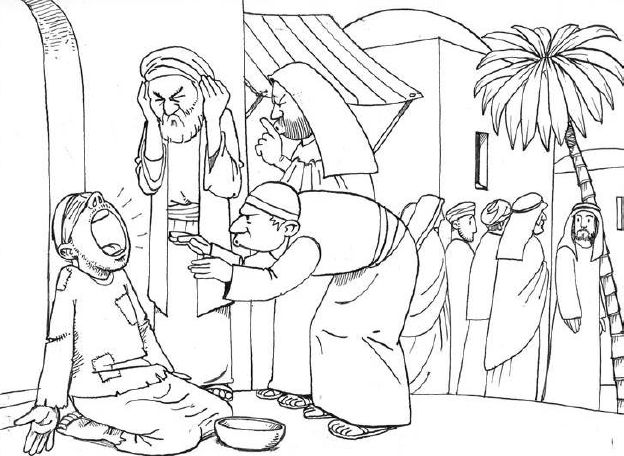 With God, everything is possible!
With God, everything is possible!
Mary, filled with deep gratitude, said with reverence:
– I am the servant of the Lord! May your words come true with me! – and the Angel left her.
Legend of the Annunciation
(Legend)
It was a long time ago, almost two thousand years ago.
Spring was coming in Galilee, but vineyards and fruit orchards had not yet blossomed on the slopes of the mountains surrounding the quiet town of Nazareth. The seedlings in the wheat and barley fields were a little green, and the tender and bright grass barely made its way in the meadows.
It was early morning. The sun had not yet risen, and fogs were wandering over the neighboring hills, when the Virgin Mary woke up in the house of the carpenter Joseph.
She always got up at dawn, before everyone at home. In the Temple in Jerusalem, where Her whole childhood passed, She used to wake up at dawn. And all the girls who were brought up with Her at the temple also woke up before sunrise and got up for morning prayer.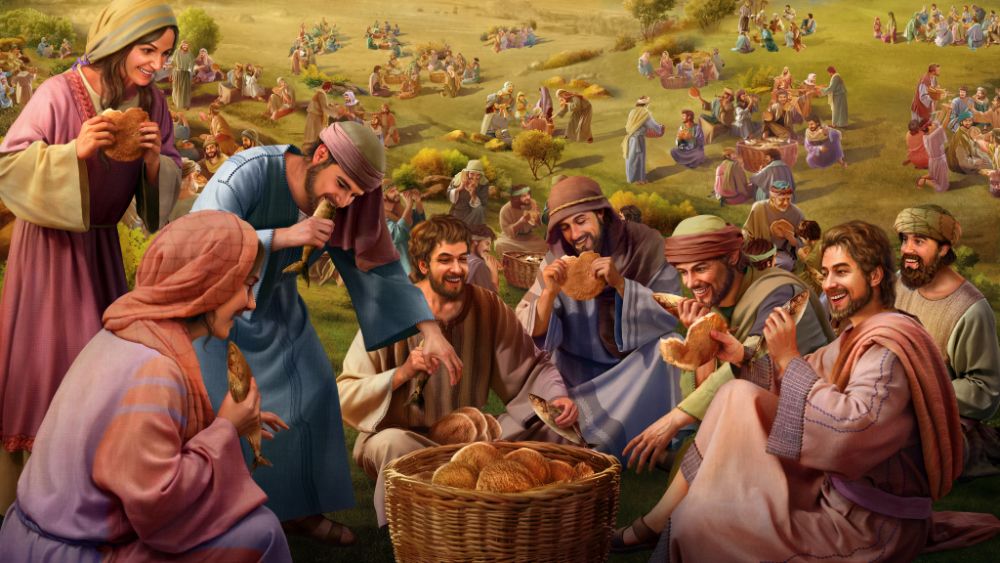 nine0003
nine0003
Francesco Francia. Annunciation. Milan, Pinacoteca Brera
The Virgin Mary lived in Joseph’s house as in a church. She took little part in the bustle of the home, lived her own special life. She prayed, read the Holy Scriptures, and worked in her small stove, adorned with flowers and herbs. She was a skilled worker: she knew how to embroider, and spin, and weave.
In her free time, the Virgin Mary liked to go to a small garden at Joseph’s house. There She took care of the flowers, watered the healing herbs that She had sown, fed and caressed the birds that flew in. nine0003
Little was seen of Mary in Nazareth, She seldom went beyond the garden fence. But often passers-by stopped under Her window to listen to how She sings the psalms of David, sitting at work. None of the girls could sing like Maria.
On this spring morning, waking up, as always, at dawn, Mary got up to pray. She loved to pray in the quiet early hours when the house was still asleep.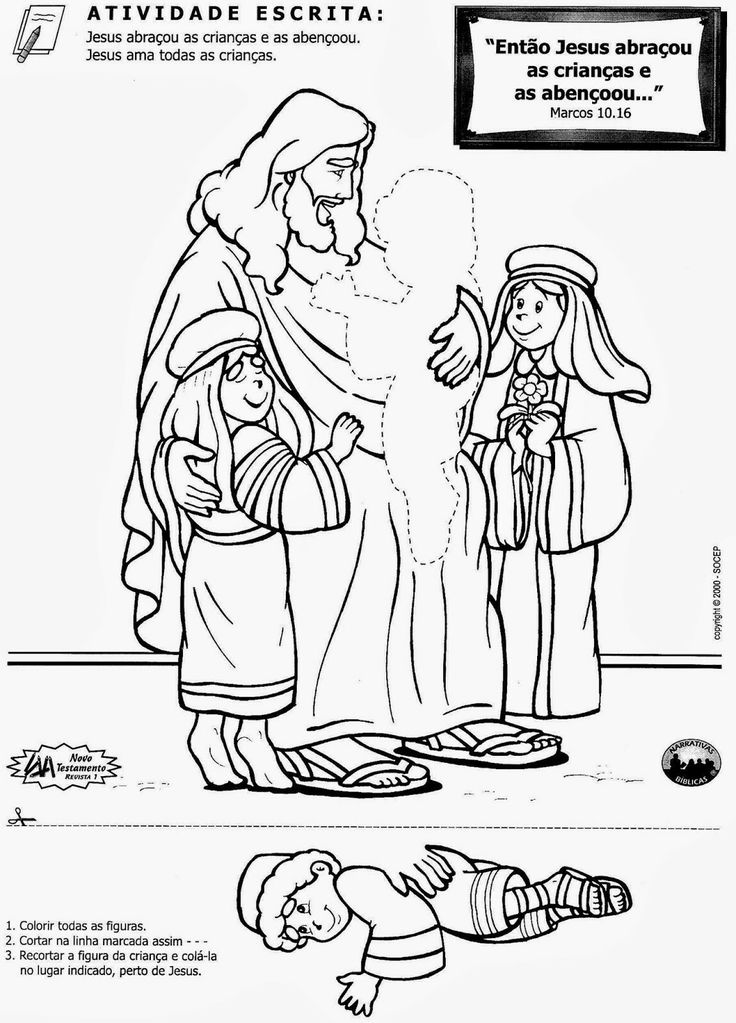 Often She prayed that the promised Savior would soon come to earth.
Often She prayed that the promised Savior would soon come to earth.
After praying, She, as usual, opened the book of Holy Scripture and began to read. On that day, She stopped at the words of the prophet Isaiah, announcing the birth of the Savior of the world. Maria read the mysterious lines and thought deeply. The time foretold by the prophet has come. It was joyful for the Holy Virgin to think on this spring morning that poor, tormented people would not have to wait long for salvation. “But where,” she thought, “is that chosen Virgin, who is destined to become the Mother of God? How happy she will be! No one has ever experienced such great happiness on earth!” nine0003
Suddenly, through her lowered eyelids, the Virgin Mary felt a sudden bright light. “What is it? Has the sun risen?” She thought. But too strong and unusual was the radiance that filled the small burner. It was as if not one, but many suns rose at once and illuminated not the poor whitewashed walls of the mountain, but the mountain peaks covered with newly fallen sparkling snow.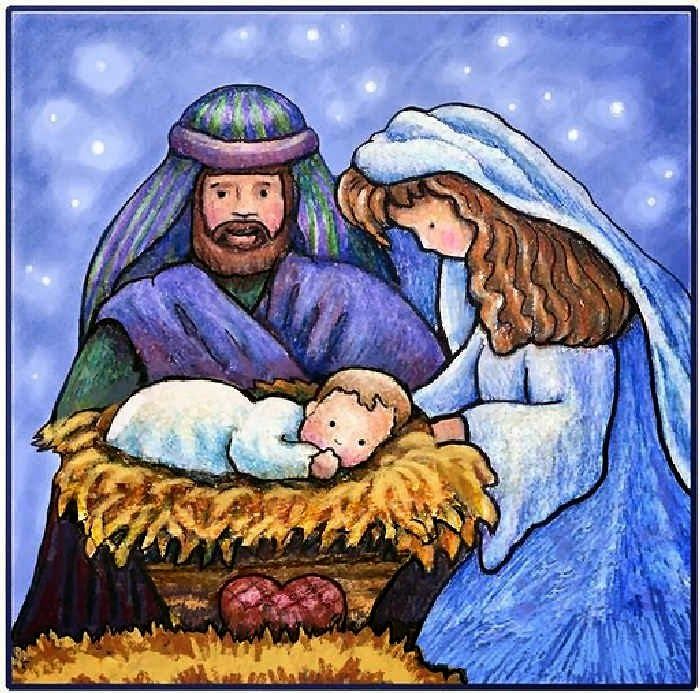 Anticipating great joy, the Virgin Mary raised her eyes in embarrassment and timidity and froze, blinded by a bright vision. Before Her, with a long branch of a lily in her hands, stood the Archangel, and in the midst of the deep dawn silence an unprecedented voice was heard:0003
Anticipating great joy, the Virgin Mary raised her eyes in embarrassment and timidity and froze, blinded by a bright vision. Before Her, with a long branch of a lily in her hands, stood the Archangel, and in the midst of the deep dawn silence an unprecedented voice was heard:0003
– Rejoice, full of grace, the Lord is with you!
Leonardo da Vinci. Annunciation. Florence, Uffizi Gallery
The Virgin Mary’s heart began to beat violently, She pressed both hands to her chest and motionlessly, with wide-opened childlike eyes, looked at the Angel and listened to Him. And he said that the Lord had chosen her, that she would be the Mother of the Savior of the world. And suddenly the Virgin Mary realized that the Archangel brought his message not to Her alone, but to the whole vast world of God, that his words, uttered in a small white mountain at the dawn quiet hour, would float on the earth with the hum of countless bells and would be repeated forever and ever. And so immense was the mystery of these words, so great was their universal joy, that the Virgin Mary could neither be surprised nor object, but could only accept the good news with enthusiastic obedience to the will of God.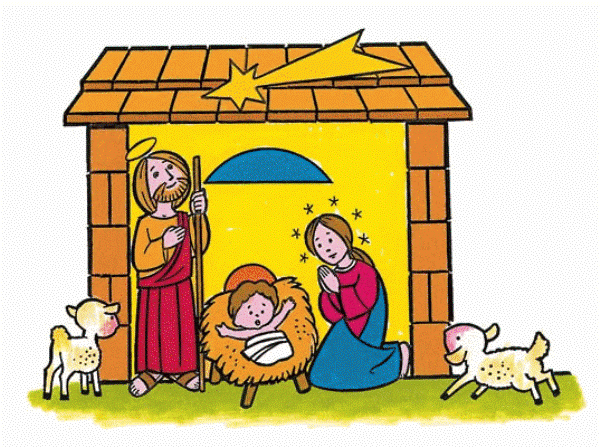 nine0003
nine0003
“I am the servant of the Lord, be it to me according to your word,” Mary answered the Angel and bowed to him. And when She got up, there was no one in the gorenka, only the sky turned pink outside the window. Everything was as before, but the Virgin Mary looked around differently. Her eyes saw in a new way, Her heart beat with new love and sang to Her:
– Rejoice! Rejoice! Rejoice!
It seemed closely to the Virgin Mary in a small mountain. She could not take up her usual work without sharing the good news with anyone, without delighting anyone with her great joy. nine0003
But all the people were still asleep.
The door that opened onto the garden of Joseph’s house quietly creaked. Maria stopped on the threshold, looking at the brightening sky, at the mountain peaks, reddened by the first rays of the sun, and at the gardens of Nazareth, with branches still bare, but full of hidden movement of spring juices. Maria was standing at the door, and suddenly there was a chirping, chirping and the sound of wings.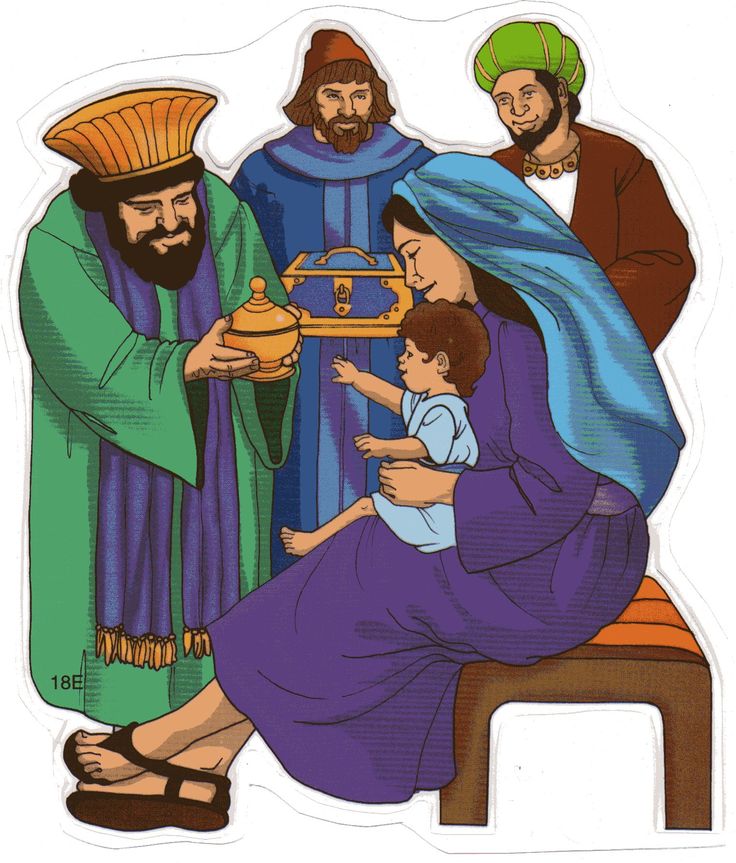 These birds flew at Her from all sides.
These birds flew at Her from all sides.
All of them knew Her and loved her, because She also loved them, fed, helped and caressed them. That morning, the birds decided to start making nests, but when they saw their beloved Virgin, they quit their job and flew to Her. They surrounded Mary, began to chirp, chirp, beat their wings, sit on their shoulders and arms. nine0003
“I have no grains today,” the Virgin Mary told them.
And the birds clung to Her, looked into Her eyes with black and amber eyes, tilted their heads, as if listening to Her words. And the Virgin Mary whispered to them about what had happened to her. What words She whispered – she herself did not know, but only at once did the birds understand Her, the winged ones and grains, and their nests forgot. Such chirping, chirping and singing resounded, which had not yet been heard on earth.
Surrounded by jubilant birds, Mary descended the steps into the garden. She bent over the unblown lilies, which, like wax candles, stood in rows at the door.